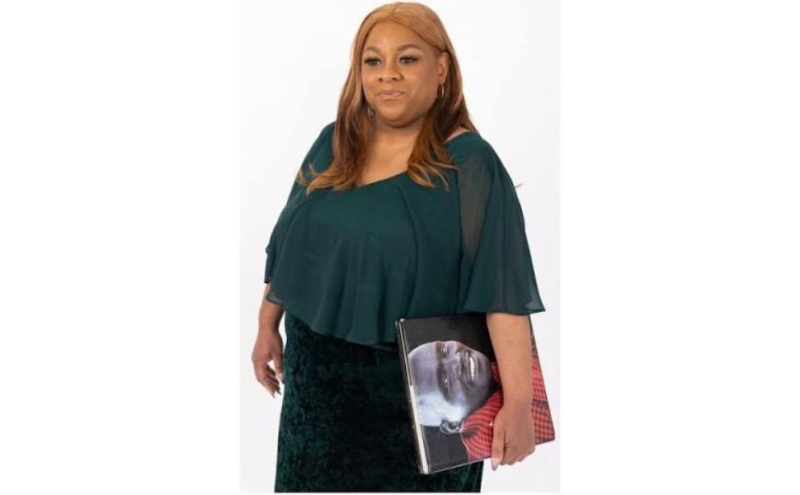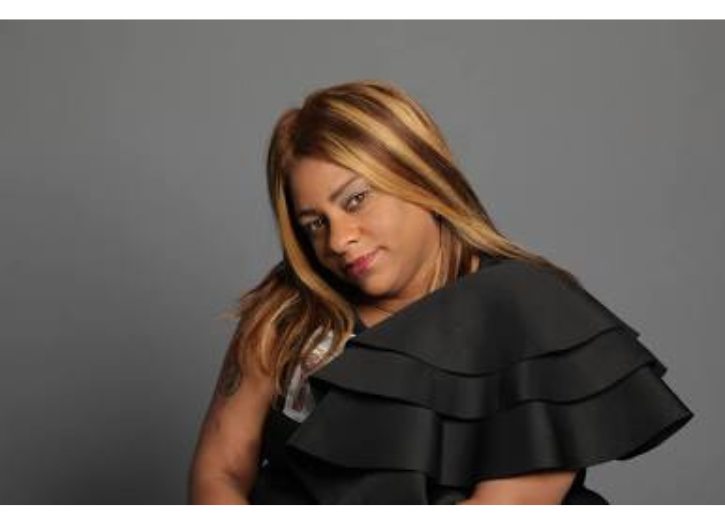Each year on August 17th, National Nonprofit Day highlights the vital work of organizations dedicated to uplifting their communities. Among these, Silent Cry Inc.—founded by advocate and survivor Shawanna Vaughn—stands out for its holistic approach to supporting individuals and families affected by mass incarceration, gun violence, and loss. Drawing from her own experience as someone born in prison to an incarcerated mother, Vaughn has become a powerful voice for trauma-informed care and has brought national attention to the crisis of Post Traumatic Prison Disorder. Through Silent Cry Inc., she champions comprehensive behavioral healthcare, trauma training for prison staff, and meaningful post-release support, reshaping how society addresses the needs of those impacted by the justice system.
What is the mission of your nonprofit, Silent Cry Inc.?
Shawanna: Our mission is to create structural change through legislation and advocacy. We focus on preventing gun violence by educating young people and exposing them to opportunities beyond their neighborhoods. We aim to reshape perceptions of mental health, promoting holistic care with multiple modalities so everyone can achieve wellness. We address the foster care system for one child at a time and advocate for humane treatment and freedom for incarcerated individuals serving extended sentences. Our work also targets social-emotional needs and poverty, building bridges between generations and making tomorrow better, one person at a time—answering silent cries wherever they arise.
How has your personal story shaped your advocacy?
Shawanna: I was born behind prison walls to a mother battling substance abuse. My earliest years were spent in the foster care system, where safety was never guaranteed. After aging out of care, I experienced incarceration myself—a cycle that traps so many who start life without the safety nets others take for granted. The loss of my brother to senseless violence on Christmas Eve left wounds that time could never fully heal. Yet, through the guidance of a foster father who was also a police officer, I learned what true protection and support could look like. Those lessons became the foundation for my advocacy.
What role does fighting medical racism play in your advocacy?
Shawanna: I have experienced medical racism firsthand—being dismissed, receiving inadequate care, and having my pain minimized. These experiences didn’t break me; they forged my determination to ensure others don’t face the same discrimination. My advocacy in healthcare justice is grounded in lived experience and a refusal to let others be overlooked or mistreated.
What makes your advocacy unique and impactful?
Shawanna: My story is not just about overcoming obstacles; it’s about transforming pain into purpose. I could have turned inward, but instead, I chose to become a bridge for others facing similar struggles. My advocacy carries authenticity—when I speak on mental health stigma, foster care reform, or healthcare disparities, it’s from a place of truth and survival, not just statistics.
What legacy do you hope to leave through your work?
Shawanna: My work is about creating pathways for others who enter the world facing impossible odds. I want to prove that our beginnings don’t determine our endings, and that the most powerful advocates are often those who have survived what they’re fighting to change. My journey from prison walls to healthcare and mental health champion is a testament to the power of transforming personal struggle into collective change, and to the importance of authentic voices in social justice.

How can readers connect online?
Shawanna: Connect online:
https://www.instagram.com/silentcryny?igsh=MTZweXZocWFwNGtucg==







Add Comment
You must be logged in to post a comment.